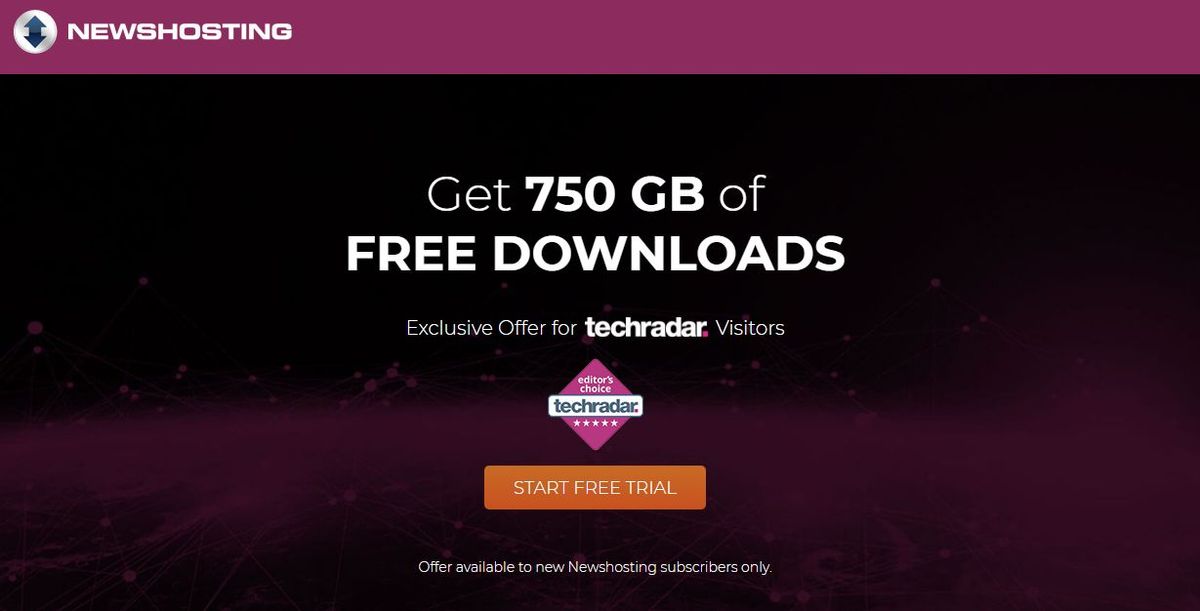

NFO files can be viewed in browser before downloading. nfo file, and set upper and lower limits on filesize. The advanced search includes a couple “experimental options” as well, including a checkbox to only show collections of files and hide individual ones, only show posts that include a. You can search specific newsgroups and sort by date, poster, or subject. The index is updated every four hours or less.Īn advanced search is also available where you can specify if the search should be limited to to the subject and filename or also the body of the file. It features a simple, barebones interface with a search bar and an option to limit the age and choose between searching only the most popular groups or “other groups.” It’s fast an reliable, but not the most user-friendly.īy default, searches are limited to the 400 most popular newsgroups. Public Usenet search engines, no registration required Binsearchīinsearch is probably the most popular Usenet search engine that doesn’t require an invitation or registration. We won’t cover those indexers in this list, but you can read about bundled NZB indexers in our individual provider reviews on Comparitech (reviews here for Newshosting, UsenetServer, Easynews and Giganews. If you want an all-in-one provider that offers Usenet servers, a newsreader, and a search engine in a single subscription, then we recommend Newshosting. They are either invite-only, or providers offer their own indexes to subscribers. Read up on how to set up a provider, indexer, and newsreader app in our tutorial, and check out our reviews of the best Usenet providers.

An NZB file is sort of like a torrent file–it points to resource locations on the Usenet and doesn’t do much of anything without the apps and services to handle it. To download the files listed on them, you’ll also need to subscribe to a Usenet provider. NZB indexes are used to find files or parts of files on the Usenet and subsequently download them using a newsreader app. You will not need to pay for and configure any indexers.

This is why we recommend Easynews, which gives you unlimited Usenet access with a free Usenet search interface.

Sonarr, Radarr, Couchpotato and Sickbeard users will need an indexer that offers an API key, which mostly require registration and sometimes a paid account. Each index varies in its completeness, ease of use, range of filters, speed, and number of searches allowed per day for free users. NZB search engines, also known as NZB indexes or indexers, primarily come in three varieties: public (no registration), open (registration required), and invite-only (private). It scored highly during our testing for speed, completion and retention rates and is easy to setup. This list does not cover private or invite-only indexersĮasynews is our top choice, but if you prefer to use NZB Search Engines with your own newsreader software, we recommend UsenetServer.Sonarr, Radarr, Couchpotato and Sickbeard users will need an indexer with an API, most of which require registration.Factors to consider when choosing an NZB indexer: retention, max number of downloads and API hits per day, filters and sorting options, previewing, completeness, and watchlists.These are raw Usenet search indexes and unlike Easynews, do not include search result previews nor Usenet access. Otherwise, check out Binsearch or NZBIndex for a no-registration, free indexer.A free trial and lifetime discount is available through the link above. It’s also one of the only Usenet + search services that you can use on both mobile and desktop. You’ll get unlimited Usenet access plus a Usenet search interface with the best Usenet search results.


 0 kommentar(er)
0 kommentar(er)
